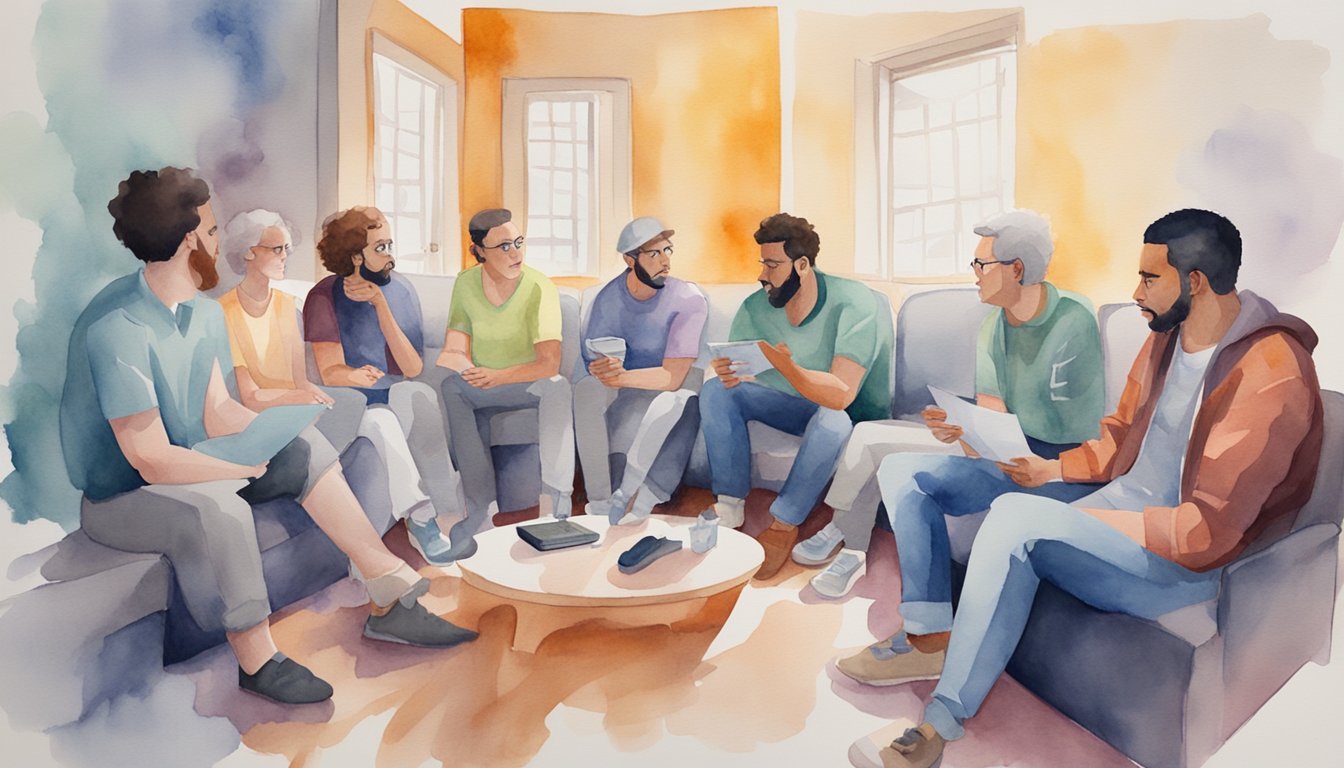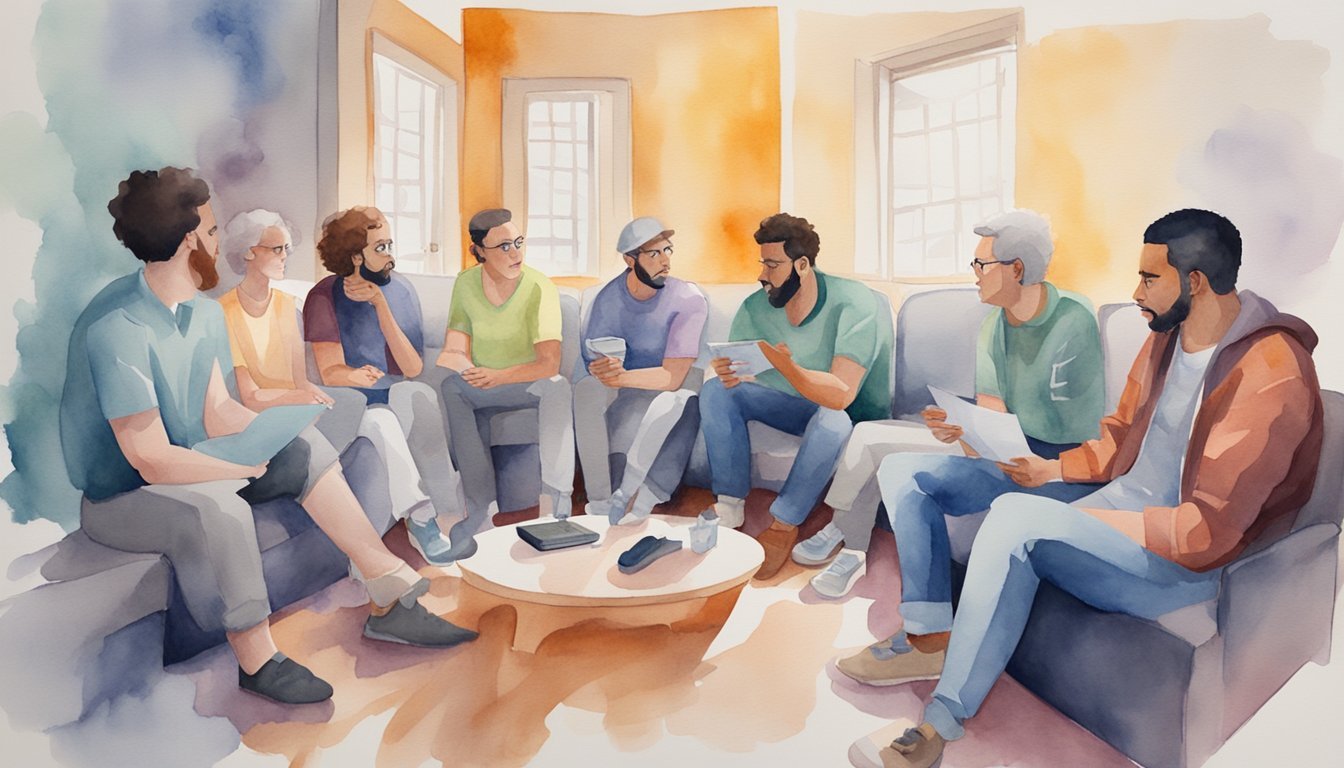Understanding the Connection Between Video Games and Aggression
As the debate continues, research explores the impact that violent video games may have on aggression. The focus is on how this type of media could be influencing aggressive thoughts, feelings, and behaviors.
The Role of Violent Content in Aggression
Research into the effects of violent video games on aggression has been extensive, with many studies suggesting a correlation between exposure to violent content and increases in aggressive affect. For instance, a meta-analysis published in Proceedings of the National Academy of Sciences indicates that playing violent video games can lead to an increase in aggression. Similarly, studies have found that adolescents who engage in violent video game play may display heightened sensitivity to aggression, potentially influencing their real-world behaviors.
Findings also suggest that the methodological approaches in these studies, such as the General Aggression Model, assist in understanding how virtual violence could translate to aggressive behaviors outside of the game. Yet, while there is a documented increase in aggressive thoughts and feelings, the effect size, which measures the strength of this relationship, varies across studies.
The nuances of media violence and its effects on youth violence have also been observed, with additional research suggesting that aggression can be contagious, affecting not just the individual player but also those around them. This body of work underscores the complex web of risk factors that can amplify the impact of violent media on teenagers and their propensity for aggression.
Determining the presence of a causal link remains challenging due to the multifaceted nature of aggression and the influences of numerous external factors. Nonetheless, the ongoing discourse in the scientific community continues to refine our understanding of how violent video games and aggression are related.
Examining the Broader Psychological and Social Impacts

This section dives into how video gaming may be intertwined with emotional and social factors and its varying effects across different demographics.
How Video Gaming Interacts with Social and Emotional Factors
Video games, especially interactive ones like Grand Theft Auto V and Call of Duty, have become a significant part of modern entertainment, raising questions about their psychological and social influence. Researchers have studied how these games might influence aggression, social behavior, and emotional responses. Evidence points to a complex interaction where games may foster aggressive behavior in some circumstances but also offer opportunities for pro-social behavior. The American Psychological Association notes a correlation between violent games and aggression, though this doesn’t necessarily extend to criminal violence.
Studies by figures like Christopher J. Ferguson, suggest personality factors and a person’s social environment heavily impact the extent to which gaming contributes to aggressive behavior. The role of games as tools for developing empathy or diminishing it is another area of interest, shedding light on how gaming experiences might ripple into everyday social interactions.
Analyzing the Influence on Different Age Groups and Genders
The interaction of video gaming with age and gender reveals varied effects. Findings by the Oxford Internet Institute indicate that children and youths may be more susceptible to the influences of video gaming due to their developmental stages. Boys, often more drawn to violent games, have been a particular focus in studies assessing the risk of increased physical aggression or bullying. Meanwhile, studies show girls might experience different psychological impacts, potentially influencing empathy and depression.
Research into age-specific impacts often intersects with gender-based conclusions. For younger players, games may shape social networks, motivation, and attitudes towards real-life violence. These effects can be subtle and difficult to detect, as noted by Villanova University scholars who report a small effect on real-life violent behavior. However, concerns about links to targeted school violence have led entities like the Department of Education to examine these connections closely.
Understanding the broader impact of video games on psychology and society requires nuanced consideration of these interactive forms of entertainment. This includes not just aggression, but also how games might be crafted and used to enhance prosocial behavior and foster a healthier connection to the digital world.

